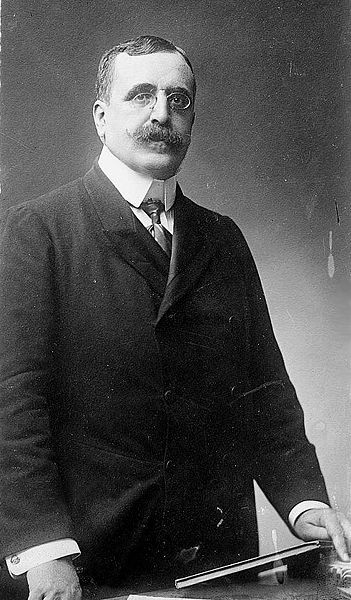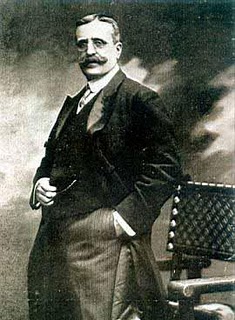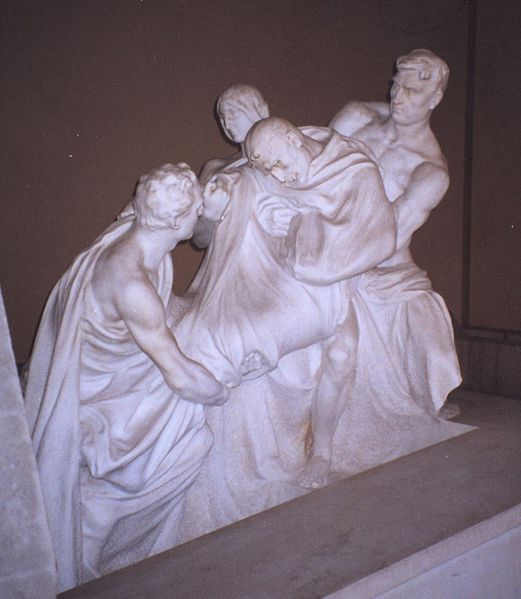<Back to Index>
- Philosopher Hilary Whitehall Putnam, 1926
- Composer Amélie Julie Candeille, 1767
- Prime Minister of Spain José Canalejas y Méndez, 1854
PAGE SPONSOR



José Canalejas y Méndez (31 July 1854 – 12 November 1912) was a Spanish politician, born in Ferrol.
Canalejas graduated in 1871 from the University of Madrid, took his Galicia doctor's degree in 1872 and became a lecturer on literature in 1873. He later studied railway problems, but continued his literary work, publishing a history of Latin literature in two volumes.
Canalejas was elected deputy for Soria in 1881, became under - secretary for the Prime Minister's department under Posada Herrera in 1883, he became minister of justice in 1888 and finance from 1894 to 1895. He was president of the chamber in the Moret administration, and became Prime Minister and chief of the Liberal party in 1910. While in office, he tried to introduce several electoral reforms that aimed to finish with bossims on public elections – quite common at the time, especially in rural areas –, and turn Spain into a true democracy. His political reforms successfully faced the social turmoil that radical leftists and radical tories where creating within Spain.
However, on 12 November 1912, while Canalejas was window shopping the literary novelties of the day from a book shop in central Madrid, he was shot to death by anarchist Manuel Pardiñas.
Canalejas believed in the possibility of a monarchy open to a thoroughgoing democratic policy both in economic and in civil and political matters. Salvador de Madariaga, the liberal historian, argued that the disasters Spain experienced during the 1930s could be traced to Canalejas' murder, given that this murder deprived King Alfonso XIII of one of his few genuine statesmen. Indeed, it is widely believed that Canalejas was able to successfully solve all the problems he faced while in office.